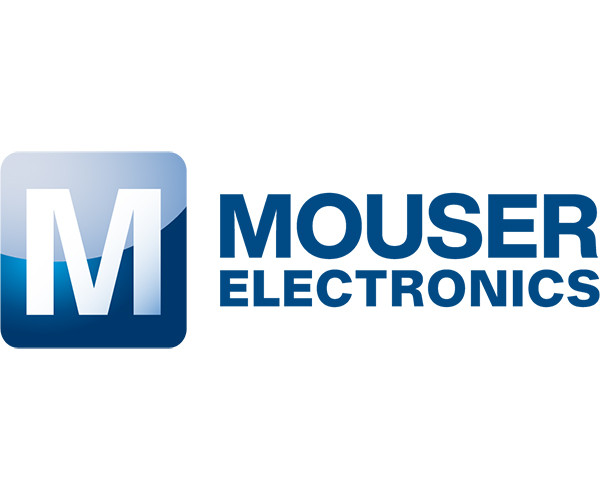Solar inverter development kits offer advanced peripherals and more
09-10-2015 |
Mouser Electronics
|
Design & Manufacture
Available now from Mouser, the Texas Instruments (TI) C2000 Solar Inverter
Development Kits bring advanced peripherals, application-targeted
development hardware, a comprehensive library of algorithms, and an industry
leading development environment to the renewable energy market.
The high-voltage solar development kits (TMDSHV1PHINVKIT and TMDSHVMPPTKIT)
and low-voltage solar explorer kits (TMDSSOLARCEXPKIT and TMDSSOLARPEXPKIT)
enable designers to jump-start designs while evaluating different algorithms
and topologies. The Solar Inverter Development Kits are built on the TI
C2000 F28035 Piccolo microcontroller which runs at speeds up to 60Mhz and
features up to 128KB of flash memory, a 12-bit 4.6MSPS multichannel ADC,
ePWM outputs, and a control law accelerator (CLA).
The high-voltage isolated kits feature a Concerto MCU for the inverter
portion of the design, offering the flexibility of having control code and
communications code handled by a single processor. They feature a 300VDC
compatible input stage supporting up to 500W. This dual controller design
features a two switch interleaved boost stage for MPPT and an isolated LLC
resonant DC-DC converter.
The low-voltage kits are designed for safe benchtop level experimentation.
They support a 12VDC/50W input stage and feature built in PV emulation, a
photo-diode for light sensing, a single switch DC-DC boost for MPPT, a DC-DC
SEPIC stage for battery charging, and a full bridge AC/DC inverter stage
capable of driving 24VAC, says the company.
By Electropages
Electropages is a trusted source of news and insights from the global electronics industry. With a dedicated team of experts and editors, Electropages delivers in-depth articles, product updates, and market trends across sectors such as embedded systems, IoT, connectors, and power solutions. Our mission is to empower engineers and professionals with the knowledge they need to innovate and succeed in a rapidly evolving technological landscape.


